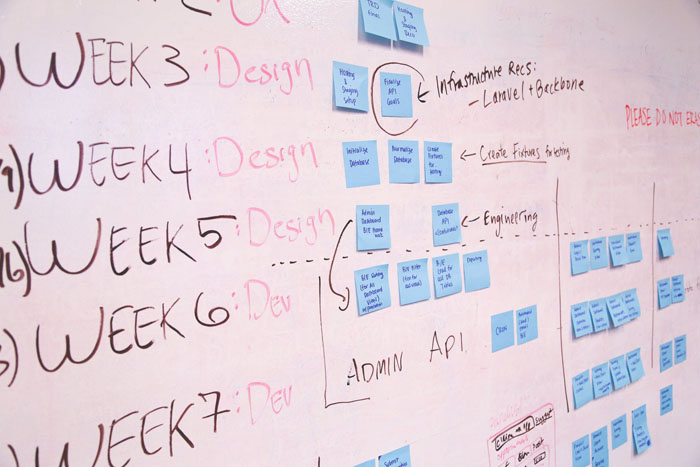How Continuous Integration Influences Help Authoring
 ClickHelp Teamin Technical Writing on 10/15/2019 — 2 minute read
ClickHelp Teamin Technical Writing on 10/15/2019 — 2 minute read ClickHelp Teamin Technical Writing on 10/15/2019 — 2 minute read
ClickHelp Teamin Technical Writing on 10/15/2019 — 2 minute read

In continuous integration, software developers submit code to a shared repository several times a day. The main idea behind it is catching issues at the earliest stages and fixing them. And, in theory, you can have new releases daily.
This approach was introduced in the 90s. In late 90s, CI was described in several books and by 00s first open source tools for implementing continuous integration appeared.
This process influences every team in the company, the documentation team included. Working in a CI environment poses new challenges for technical writers and demands for a more careful choice of a help authoring tool as a lot will depend directly on it.
The question of the right help authoring tool is critical here. Continuous integration means not only updating content, but making sure your user manual stays consistent and doesn’t fall apart. Imagine that you constantly need to fix things in dozens and hundreds of places even with a minor functionality change. Doing this manually is torture. So, you need to look for software for technical documentation that has the Single-Sourcing feature.
If you are using ClickHelp, you already know that we have really taken it to the next level with Single-Sourcing. Multiple opportunities are presented to you like content snippets, variables, conditional blocks. Managing big projects in a Continuous Integration environment is easy with our help authoring tool as your changes get automatically updated throughout the project.
Another thing, which is even more important, is integrating your software for technical writers into the CI process. ClickHelp allows using APIs to export your user manuals to different documentation formats. So, as part of CI, your docs can be automatically exported as WebHelp, PDF, or what have you. Or, technical docs can go public with the help of an API when they are ready for readers.

When we spoke about continuous localization, we mentioned, not without a good reason, that communication with translators plays an important role. In case of continuous integration it will be about communicating with all teams.
When new content needs to be generated weekly, daily, or whatever your case might be, depending on how far you’ve pushed the continuous integration process in your company, isolating teams from one another is a sure way to fail.
Being able to go through complex technical moments, work out specific details with subject-matter experts is vital.
Think of a company as of a living thing with departments functioning like its body organs. For a body to function at its max capacity, the organs need to be in sync. Just like that, when a company decides to start doing things differently like fully adopting continuous integration, every individual team inside it needs to keep up not to create imbalance.
Technical writers are an integer part of any company, so their contribution and their ability to adapt to new processes define how well the whole system works.
Good luck with your technical writing!
ClickHelp Team
Author, host and deliver documentation across platforms and devices
Get monthly digest on technical writing, UX and web design, overviews of useful free resources and much more.
"*" indicates required fields